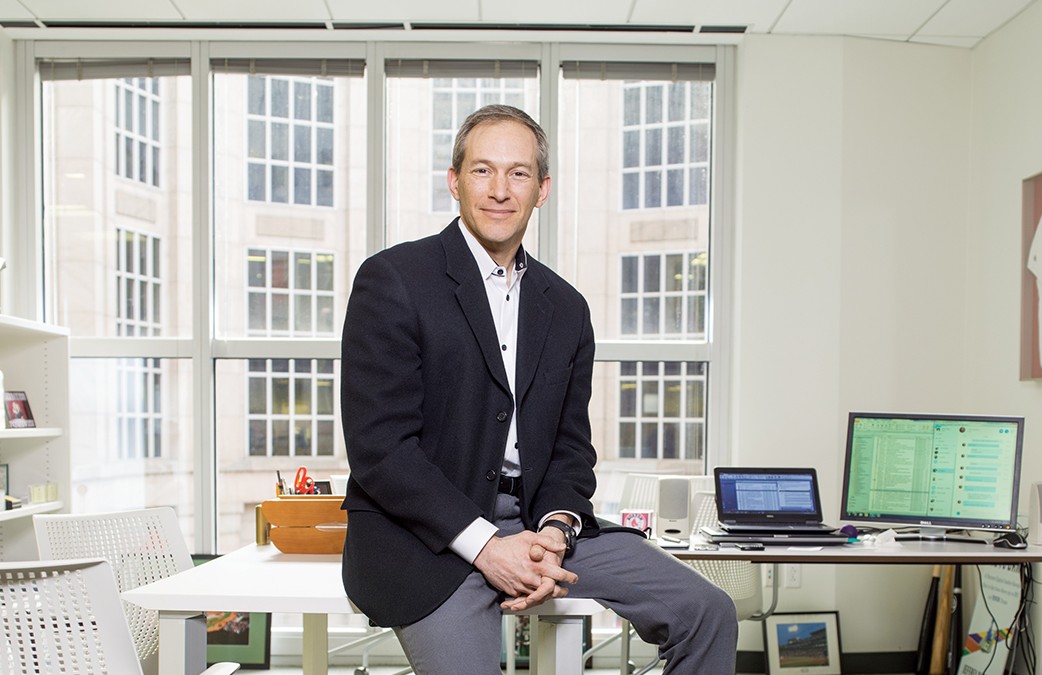By Jeffrey Bussgang (Flybridge Capital Partners) and William Brah (Venture Development Center). This appeared in the Boston Globe on APRIL 04, 2016.
MANY HIGH-TECH entrepreneurs dread this time of year — the annual lottery for H-1B visas is about to get underway. More than 300,000 skilled foreign workers will apply to receive one of only 85,000 of the magic tickets that allow them to take jobs in the United States.
It’s a prime of example of how the country’s immigration system is deeply flawed. We spend billions of dollars marketing our world-class universities and startup ecosystem to attract the best and brightest to come to the United States. But after they receive the benefits of our education and entrepreneurial environment, and are inspired to start a company here, we kick them out. Talented immigrant entrepreneurs who hope to create the next Apple or Google are told to take their skills and vision elsewhere.
While there is controversy over whether large information technology companies that outsource work should be getting more H-1B visas at the expense of US workers, there is no controversy about entrepreneurs. Policy makers of all stripes agree: The more talent we can attract and retain, the better. A recent study from the National Foundation for American Policy indicated that immigrants started more than half of the current crop of US-based unicorns, which are startups valued at $1 billion or more.
When a startup entrepreneur can fight through the system, stay here, and build a company, magic can happen. A good local example is Ash Ashutosh, founder and chief executive of Actifio Inc., a storage and data virtualization company based in Waltham. Born and raised in India, Ashutosh came to the United States to study at Penn State. He earned a degree in electrical engineering and a master’s degree in computer science.
After working for a few large tech companies, Ashutosh took the risk and became an entrepreneur. Actifio is his third company. It employs more than 350 people and is worth more than $1 billion.
It’s estimated that there are more than 1,000 aspiring international entrepreneurs attending universities in Massachusetts who want to stay after they graduate and launch a company. Most aren’t lucky enough to win the H-1B lottery. Others don’t try, and instead start their companies overseas.
After the effort to achieve comprehensive immigration reform died in Washington, Massachusetts decided to increase the odds for foreign graduates who want to stay here. It created a public-private partnership, called the Global Entrepreneur in Residence Program. Under the program, the University of Massachusetts — which is exempt from the federal cap — makes it possible for some entrepreneurs to bypass the H-1B lottery.
In 2015, its first year, the program accepted 10 entrepreneurs, all of whom received H-1B visas. The total venture capital raised by the companies they started already has reached $50 million, and they have a total of about 150 employees. The cost of the entire program to taxpayers? Less than $100,000, which has been matched by the private sector. Dozens more applicants are in the pipeline for the program this year. Other states, including New York and Colorado, have followed Massachusetts’ lead.
Our broken immigration system is costing American jobs and dragging on our growth potential. But as with health care and gay marriage, Massachusetts is leading the way and showing the country that our doors are open to the world’s best and brightest entrepreneurs and job creators. We urge the Legislature and private sector to invest more in the Global EIR program. In the meantime, we hope that Washington will take up fixing immigration reform after the presidential elections. Otherwise, we risk falling further behind in the global race for talent.
Jeffrey J. Bussgang is a senior lecturer at Harvard Business School and a general partner at Flybridge Capital Partners. William J. Brah is the University of Massachusetts vice provost and executive director of the Venture Development Center.

